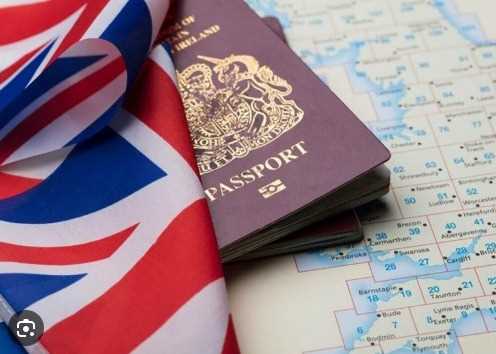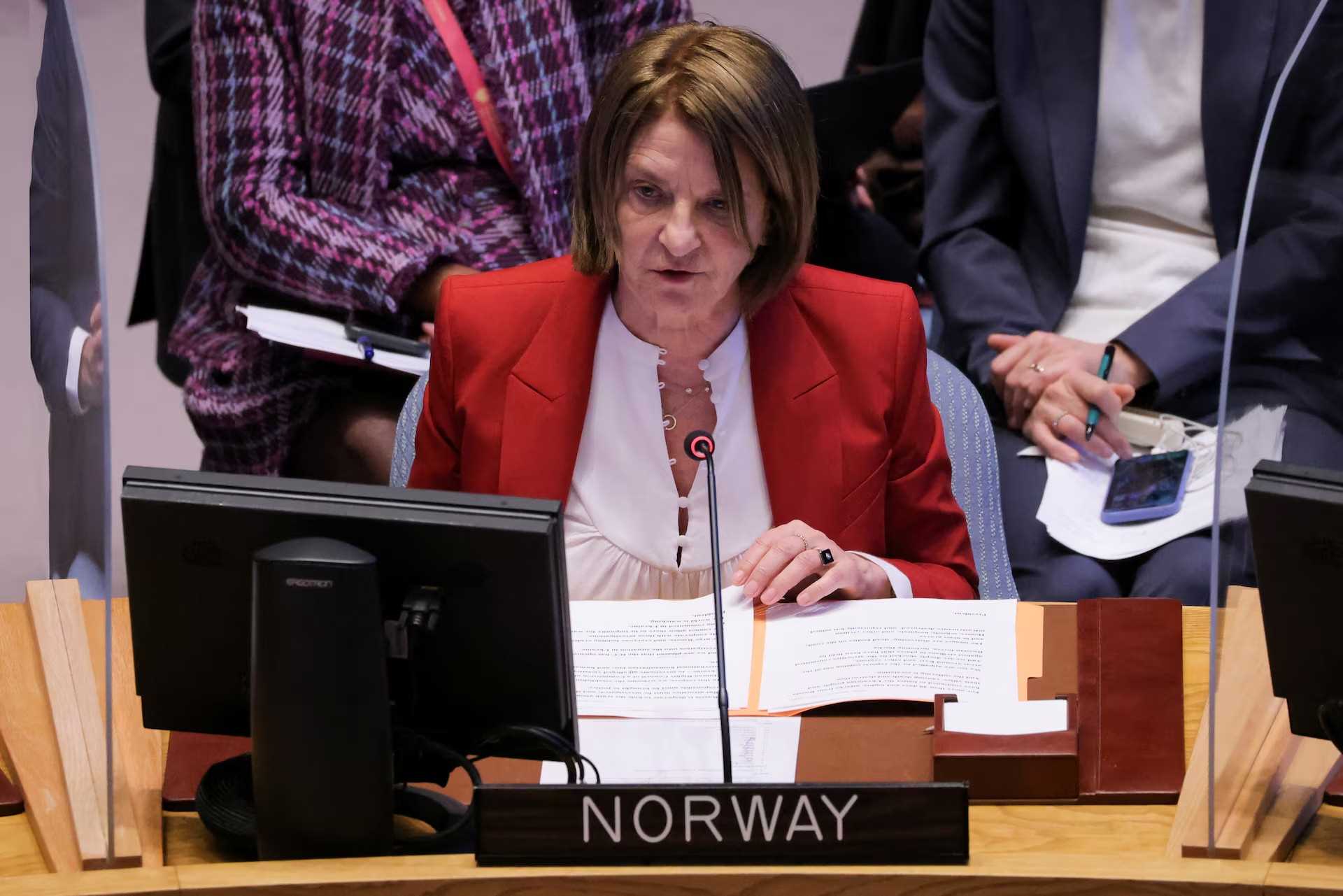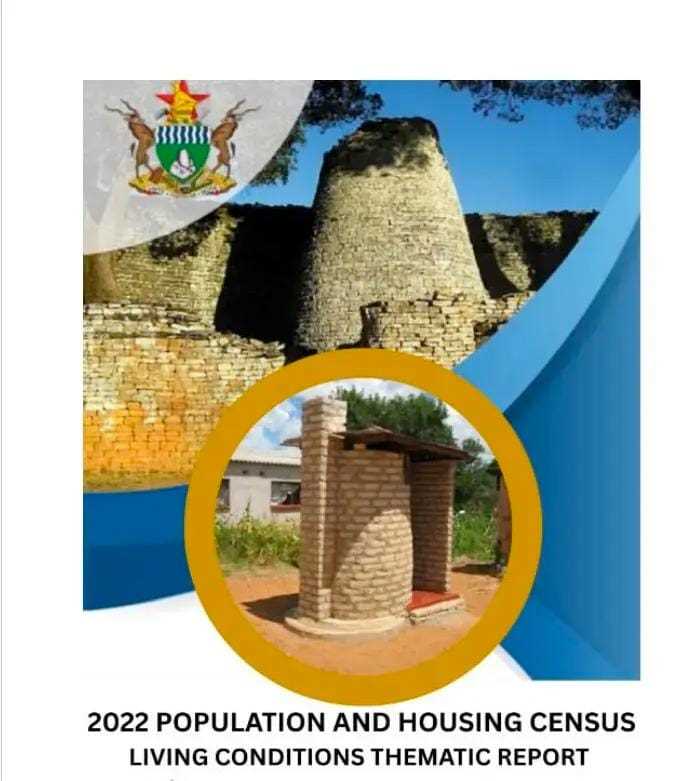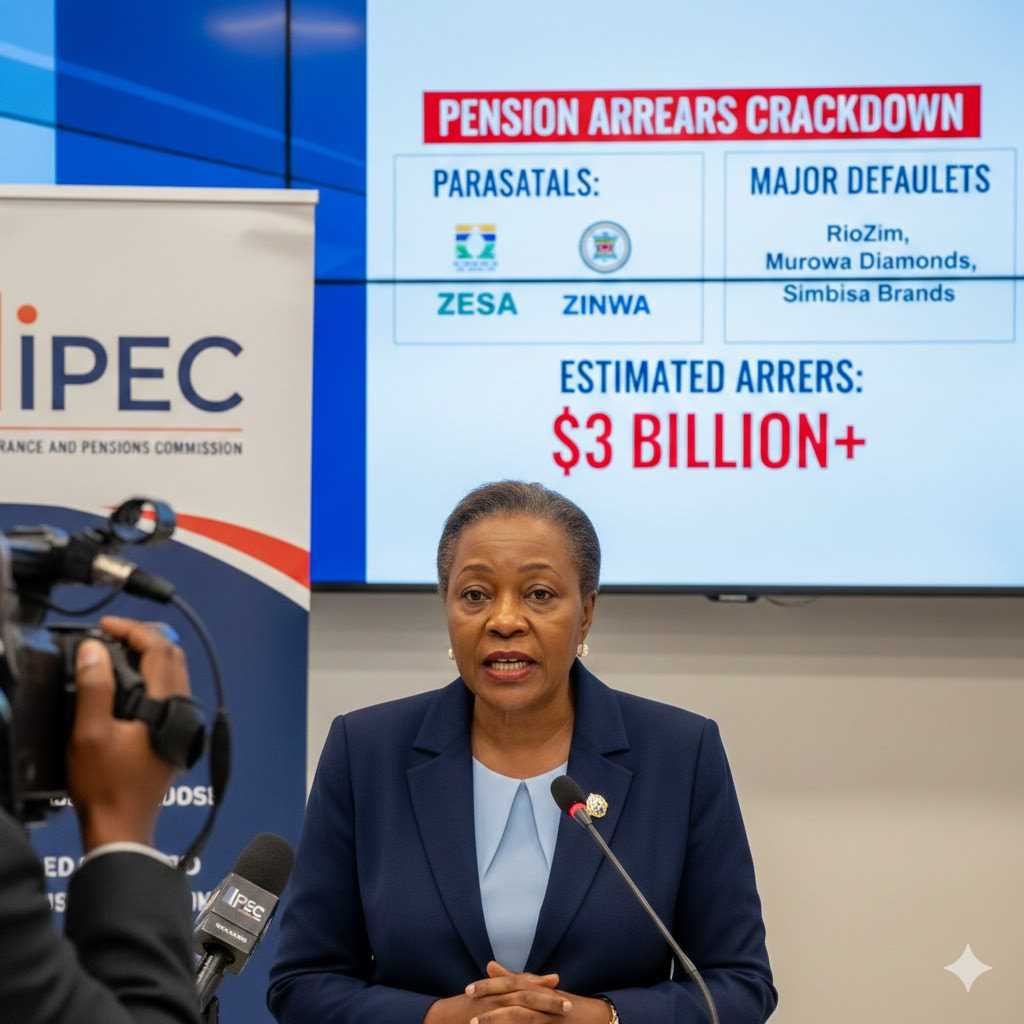
Zim Now Writer
The UK government has outlined a radical overhaul of its immigration policy in a new white paper aimed at restoring border control and reducing surging levels of net migration. The 82-page document, titled "Restoring Control over the Immigration System," was published on Monday and sets the tone for a more restrictive and skills-focused approach to immigration over the next few years.
Home Secretary Yvette Cooper described the reforms as “a turning point” for Britain’s immigration system, stating that “we are ending the failed model of dependency on overseas labour and putting British skills and training at the heart of our labour market.”
The white paper raises the qualification threshold for Skilled Worker visas to RQF Level 6 (graduate level) and eliminates the Immigration Salary List, which previously allowed for discounted salary thresholds. Future access to the UK’s points-based immigration system will be limited to sectors with proven long-term labour shortages and where employers commit to developing the domestic workforce.
“This is about ensuring that skilled really means skilled,” Cooper said. “We will no longer allow businesses to bypass domestic workers by taking shortcuts on wages and standards.”
In a major shift, overseas recruitment for adult social care visas will be halted. The government says that while existing social care visa holders will be allowed to extend or switch visas within the UK until 2028, new applications will be stopped as part of a transition to a domestically supported workforce strategy.
On international education, the government is increasing compliance requirements for institutions that sponsor foreign students. Institutions found to be falling short will face action plans and caps on recruitment. Additionally, the post-study work visa duration will be reduced from two years to 18 months.
Related Stories
“Too many institutions have taken advantage of the current system,” said Cooper. “That ends now.”
The reforms also promise to simplify family and private life immigration laws. A new legal framework will reduce reliance on Article 8 human rights claims that the government says have too often obstructed deportations. “Parliament, not the courts, must decide who has the right to stay in our country,” Cooper stated.
To drive economic growth, the UK will expand and streamline routes for highly skilled migrants and global talent. This includes a review of the Innovator Founder visa, more placements under the research intern scheme, and easier access to the Global Talent route.
The government is also introducing stronger measures to deter abuse of the system. These include tighter visa controls and sanctions on sponsors or migrants found to be non-compliant. Asylum claims made after arrival or from countries without significant recent change will also face stricter scrutiny.
The deportation process will undergo significant changes. All foreign nationals convicted of crimes—regardless of whether they receive a prison sentence—will now be flagged to the Home Office. Deportation thresholds will be reviewed to better reflect the severity of offences, especially those involving violence against women and girls.
The reforms will also extend English language requirements to a wider range of applicants and double the qualifying period for settlement from five to ten years. Future rules for settlement and citizenship will be tied to a points-based system based on contribution to the UK, with more details expected later this year.
“These measures are bold but necessary,” Cooper said. “They will restore fairness, build trust in the system, and ensure immigration works in the interests of the British people.”
The government says the first wave of reforms will be introduced within weeks. Additional changes to the asylum system and border security are expected this summer, following the passage of the Border Security, Asylum and Immigration Bill.




















Leave Comments